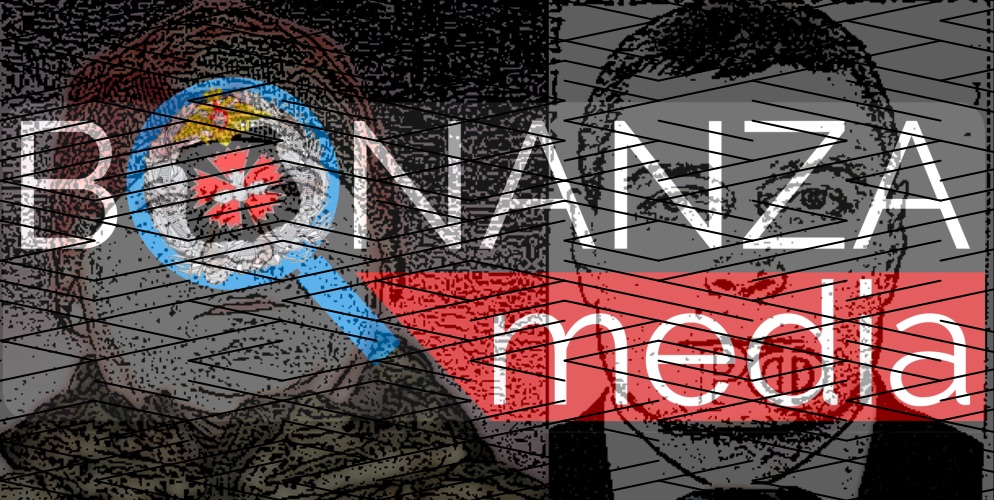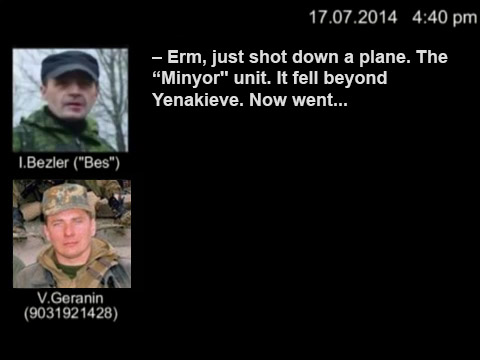MH17 - The Open Source Investigation, Two Years Later
Today Bellingcat releases its latest report, “MH17 – The Open Source Investigation, Two Years Later”, bringing together two years of research by Bellingcat into the fate of Malaysia Airlines Flight 17 on July 17, 2014. As part of this release Bellingcat communicated with experts in various fields for their analysis and opinions of MH17 related evidence.
Of particular interest is the work of The James Martin Center for Non-Proliferation Studies at the Middlebury Institute of International Studies at Monterey. The Center used the forensic image analysis software Tungstene to examine various images related to MH17, including photographs of smoke believed to be from the missile launch, images of the Buk missile launcher travelling through separatist territory on July 17, 2014, and satellite images presented by the Russian Defence Ministry on July 21, 2014. These are the significant findings from this analysis:
- Images showing the Buk missile launcher and what is believed to be smoke from the launch of a Buk missile show no signs of digital alteration,
- Satellite imagery presented by the Russian Defence Ministry of July 21, 2014 was “so heavily manipulated that it lacks any credibility as evidence.”
- The quality of the satellite images that Russia released is poor and appear altered. Therefore they recommend Russia should release the originals to the Joint Investigation Team.
Additional expert analysis and Bellingcat’s own analysis shows further evidence that the satellite imagery presented by the Russian Defence Ministry on July 21, 2014 were a clear attempt to present fake evidence to the world in the case of MH17.
Based on Bellingcat’s online open source investigation we believe the following events occurred:
- Between June 23-25 2014 the 53rd Anti-Aircraft Missile Brigade transported vehicles within Russia to positions close to the Russian border with Ukraine. This includes Buk 332, later sighted in Ukraine on July 17 and 18 2014.
- On July 17 2014 Buk 332 left Donetsk in the morning loaded onto a low-loader, travelling eastwards through separatist held territory, until it reached the town of Snizhe in the early afternoon.
- After arriving in Snizhne Buk 332 unloaded and drove under its own town south out of the town.
- Buk 332 arrived at a field south of Snizhne and fired a missile that resulted in the destruction of Flight MH17.
- Buk 332 was next filmed travelling east through the separatist controlled city of Luhansk on the morning of July 18 2014.
- On July 21 2014 the Russian Defence Ministry presented a series of false and fake information. This included lying about the flight path of MH17, lying about radar data, lying about the location of the July 18 2014 Luhansk video, and misdating and heavily manipulating satellite imagery,
- Almaz-Antey presented data that was not reflected by witness statements on the ground, or any open source information.
- The Russian Ministry of Foreign Affairs was only able present plagiarized blog posts when asked to present their evidence on the fate of MH17.
The full version of the report in English is available here, and available in Russian here.


